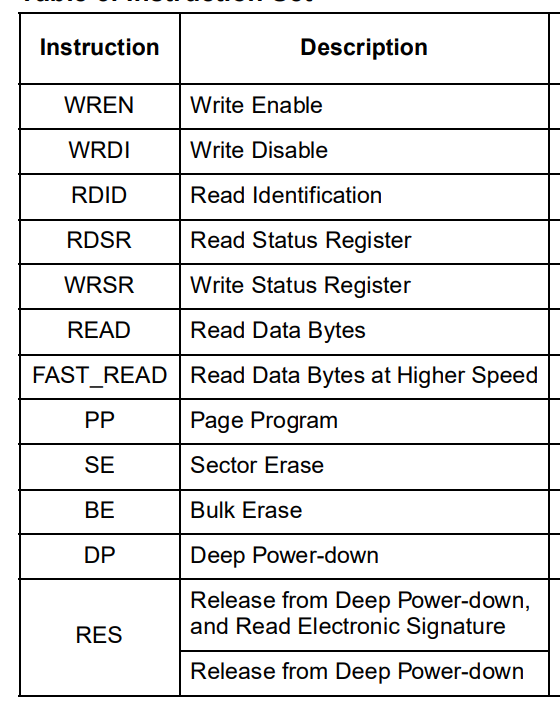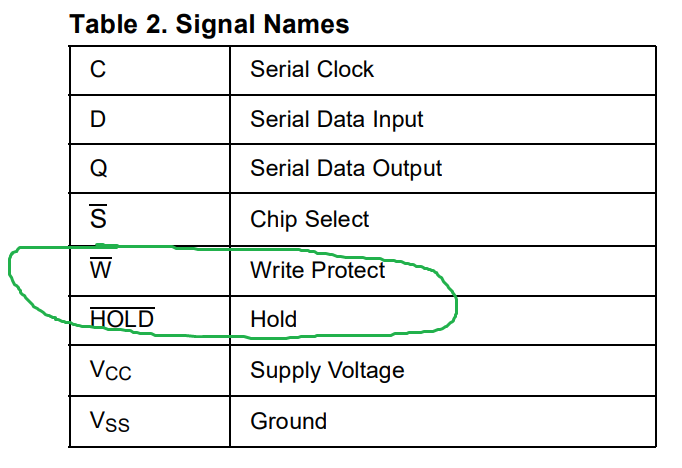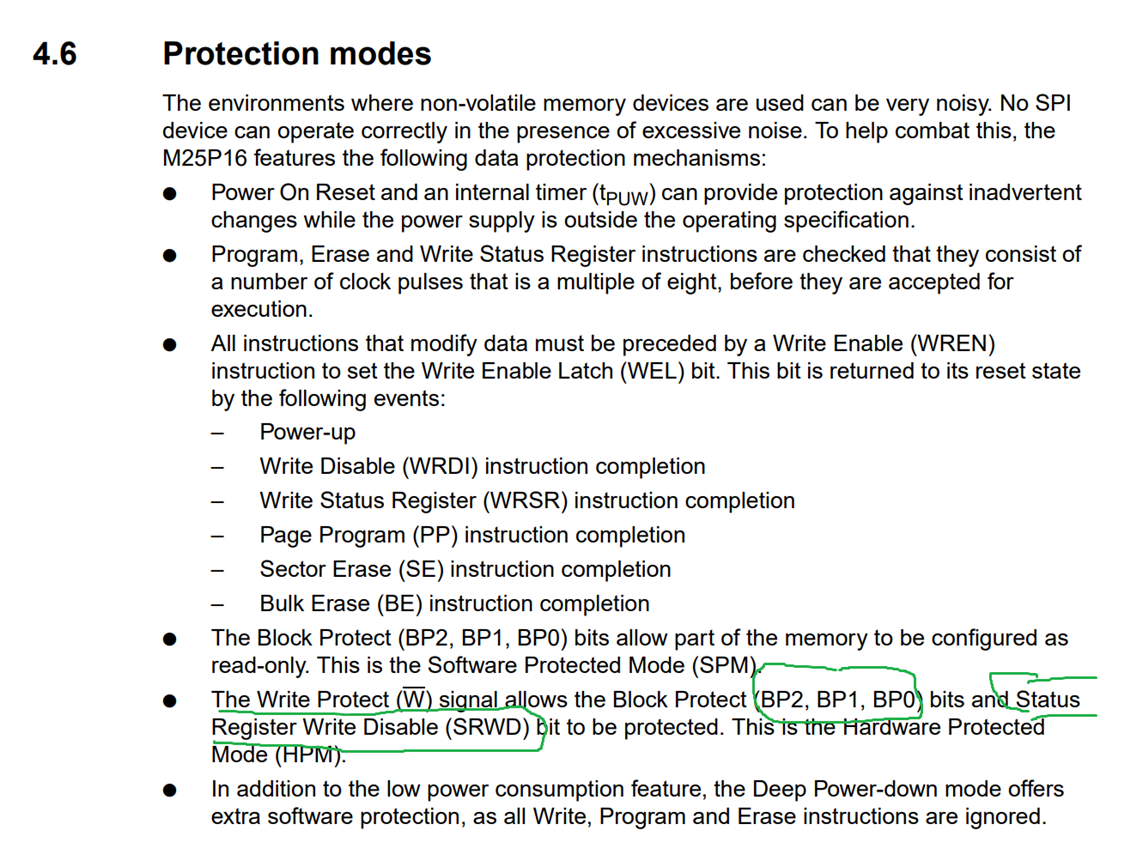I'm not a programmer. I am more of a ressurectionist. I find Arduino code pieces and join them together to make a program like Dr. Frankenstein joined body parts to create his monster.
I see the statements listed in the question and wondered when do they apply. In collecting code parts from a number of programs, I can develop a program that has all four before the voids. If I was to create a program from scratch I'm not confident I know what one to select for the variable type I am using.
Are there some best practices a novice could use in applying these to get the most benefit from their programming?



